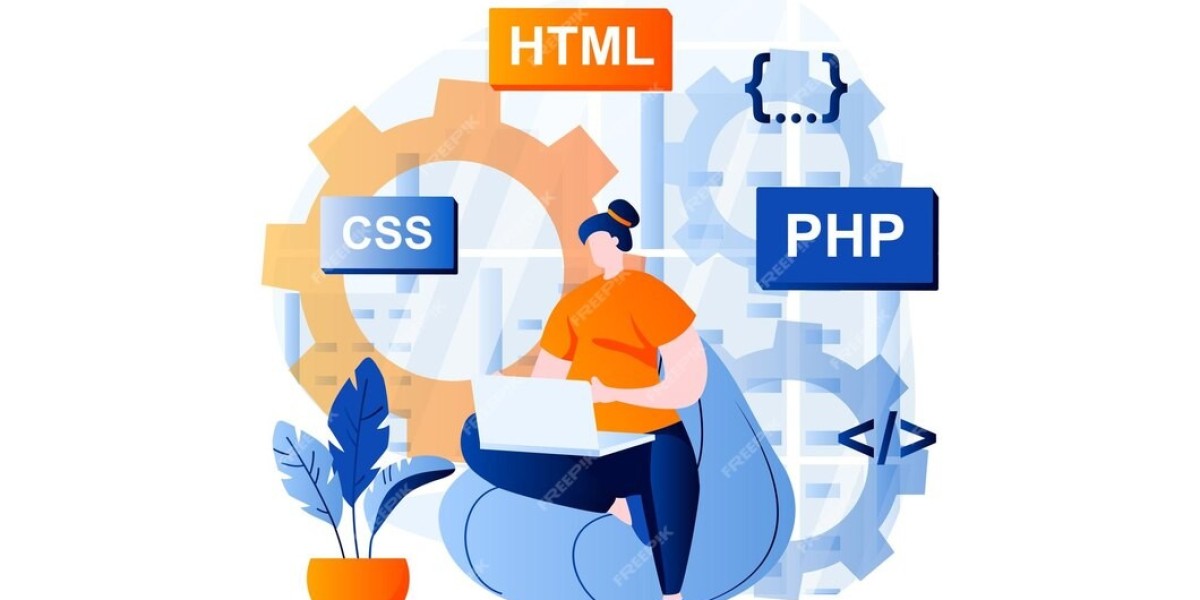Domestic violence and child custody are two sensitive and deeply intertwined issues, casting a long shadow over families across Virginia. While it's impossible to definitively quantify whether this is a "growing problem," data suggests a persistent and concerning trend.
A Shadowy Landscape:
Official statistics only paint part of the picture. Many domestic violence incidents go unreported, leaving victims and children in silent struggles. This hidden reality makes it challenging to pinpoint a clear growth trajectory. However, available data offers a glimpse into the situation:
Domestic Violence Calls: Between 2018 and 2021, Virginia saw a 10% increase in domestic violence calls to police, according to the Virginia Sexual and Domestic Violence Action Alliance.
Protective Orders: Issued protective orders, a legal tool used to protect victims from further harm, also rose by 7% during the same period.
Child Custody Cases: While specific data on custody cases involving domestic violence isn't readily available, anecdotal evidence from legal professionals suggests a steady or even rising trend.
Factors at Play:
Several factors contribute to this complex landscape:
Economic Instability: Financial stress can exacerbate tensions within families, leading to increased conflict and potentially fueling abusive behavior.
Social Isolation: Limited social support systems and feelings of loneliness can make it harder for victims to escape abusive situations, impacting their ability to seek help and advocate for their children.
Mental Health Concerns: Untreated mental health issues, like depression or addiction, can contribute to both domestic violence and difficulties in maintaining healthy parent-child relationships.
The Children Caught in the Crossfire:
The consequences of domestic violence on children are profound and far-reaching. Witnessing or experiencing abuse can lead to:
Emotional trauma: Fear, anxiety, depression, and low self-esteem are common struggles for children exposed to violence.
Behavioral problems: Acting out, aggression, and difficulty forming healthy relationships can be markers of the emotional toll abuse takes.
Academic challenges: Difficulty concentrating, falling behind in schoolwork, and withdrawing from social activities are all potential consequences of the stress and trauma children face.
Navigating a Delicate Legal Maze:
Virginia courts prioritize the best interests of the child when determining custody arrangements. This means carefully weighing the potential harm of exposure to an abusive parent against the benefits of maintaining a parental bond.
Custody decisions can range from supervised visits in neutral settings to restricted contact or even, in extreme cases, sole custody for the non-abusive parent. Each case hinges on its unique circumstances, with judges meticulously evaluating evidence, witness testimonies, and expert opinions to form a well-informed decision.
Breaking the Cycle:
Addressing domestic violence and its impact on child custody requires a multifaceted approach:
Victim Support: Providing victims with safe shelters, legal assistance, and mental health resources is crucial for their healing and empowerment.
Child-Centered Interventions: Trauma-informed therapy, support groups, and age-appropriate counseling can help children process their experiences and develop healthy coping mechanisms.
Accountability for Abusers: Court-ordered interventions, anger management programs, and rehabilitation efforts can hold abusers accountable and potentially pave the way for positive change.
A Shared Responsibility:
Combating domestic violence and its impact on child custody isn't solely a legal battle. It's a collective responsibility that requires community awareness, education, and open dialogue. By fostering supportive environments, promoting healthy relationships, and breaking the silence surrounding abuse, we can create a safer future for Virginia's families.
Remember, this is a complex issue with no easy answers. But by working together, we can create a brighter future for children impacted by domestic violence and ensure their voices are heard in the delicate dance of child custody decisions.








